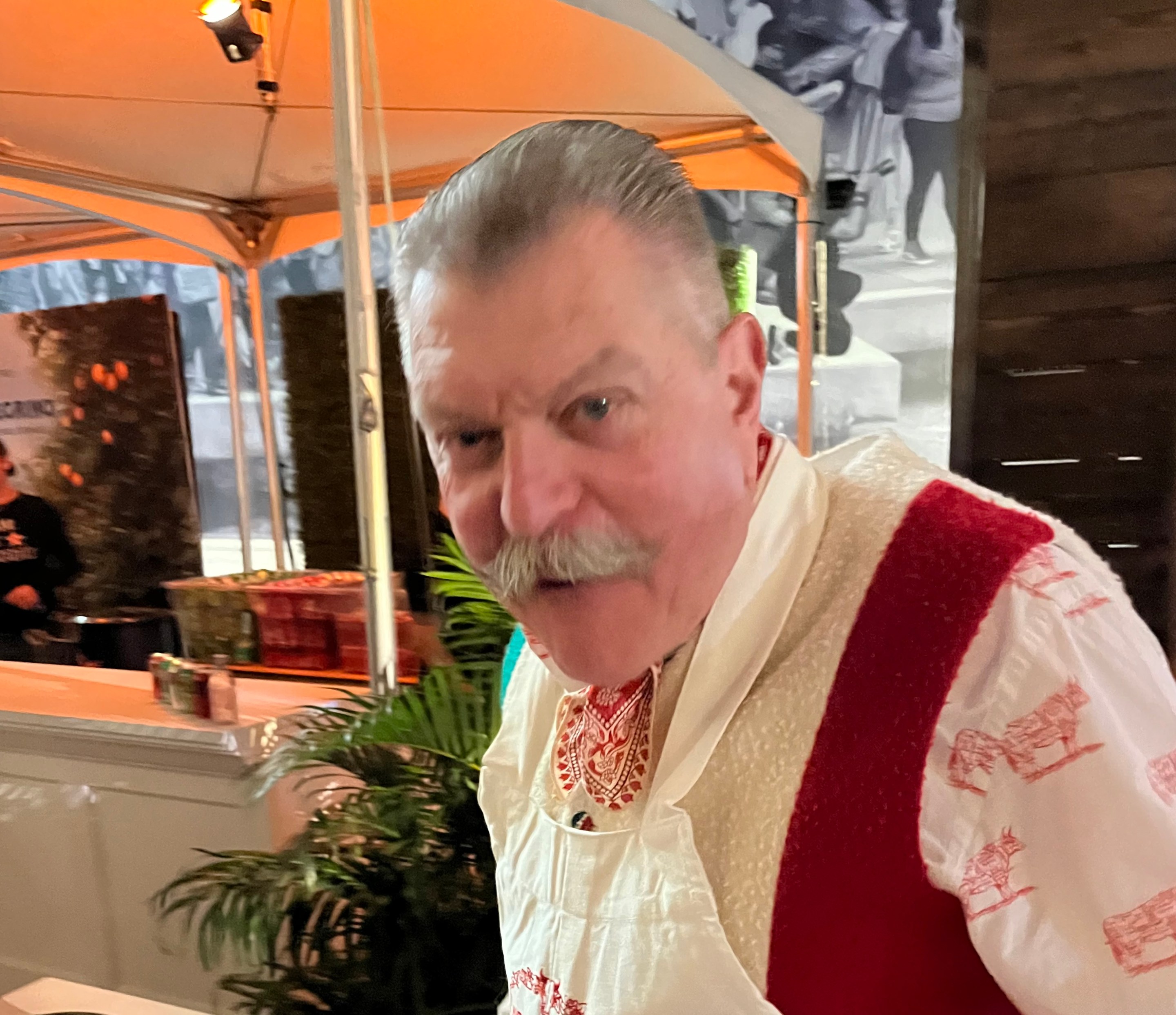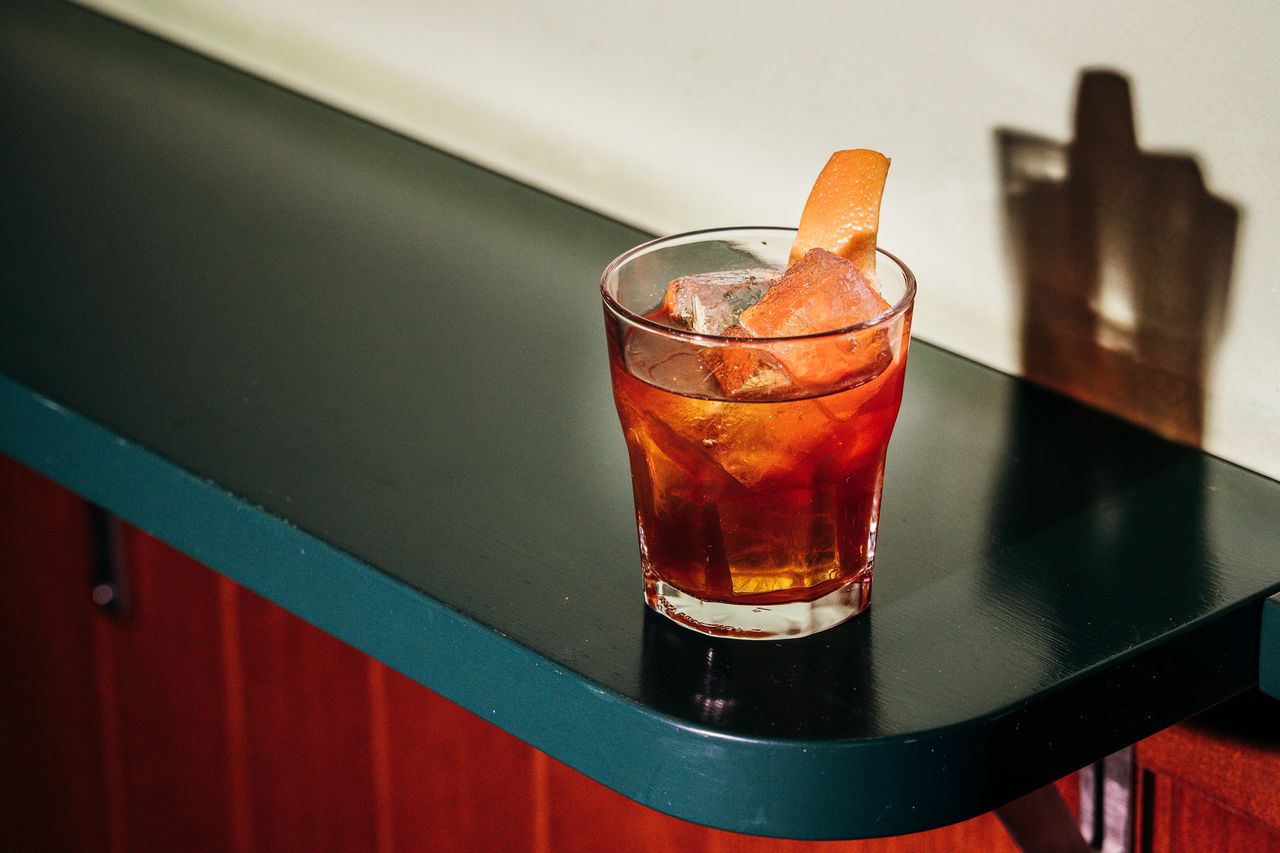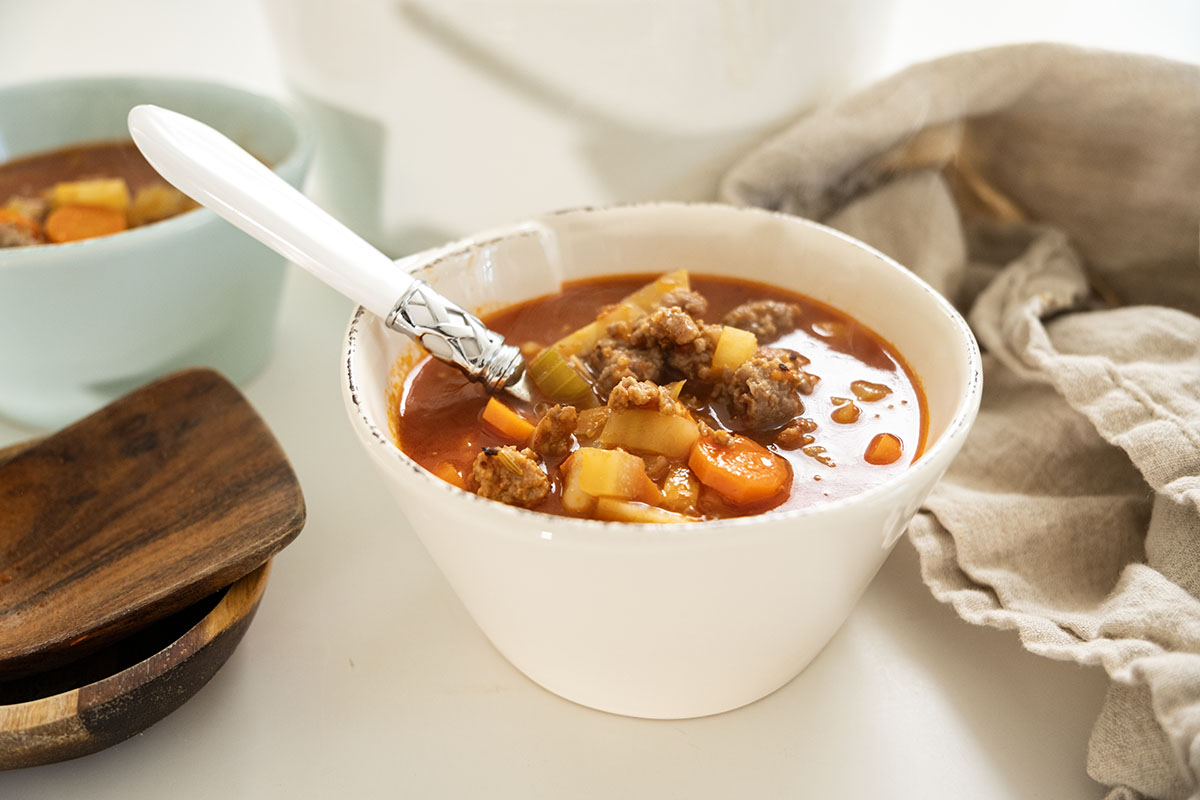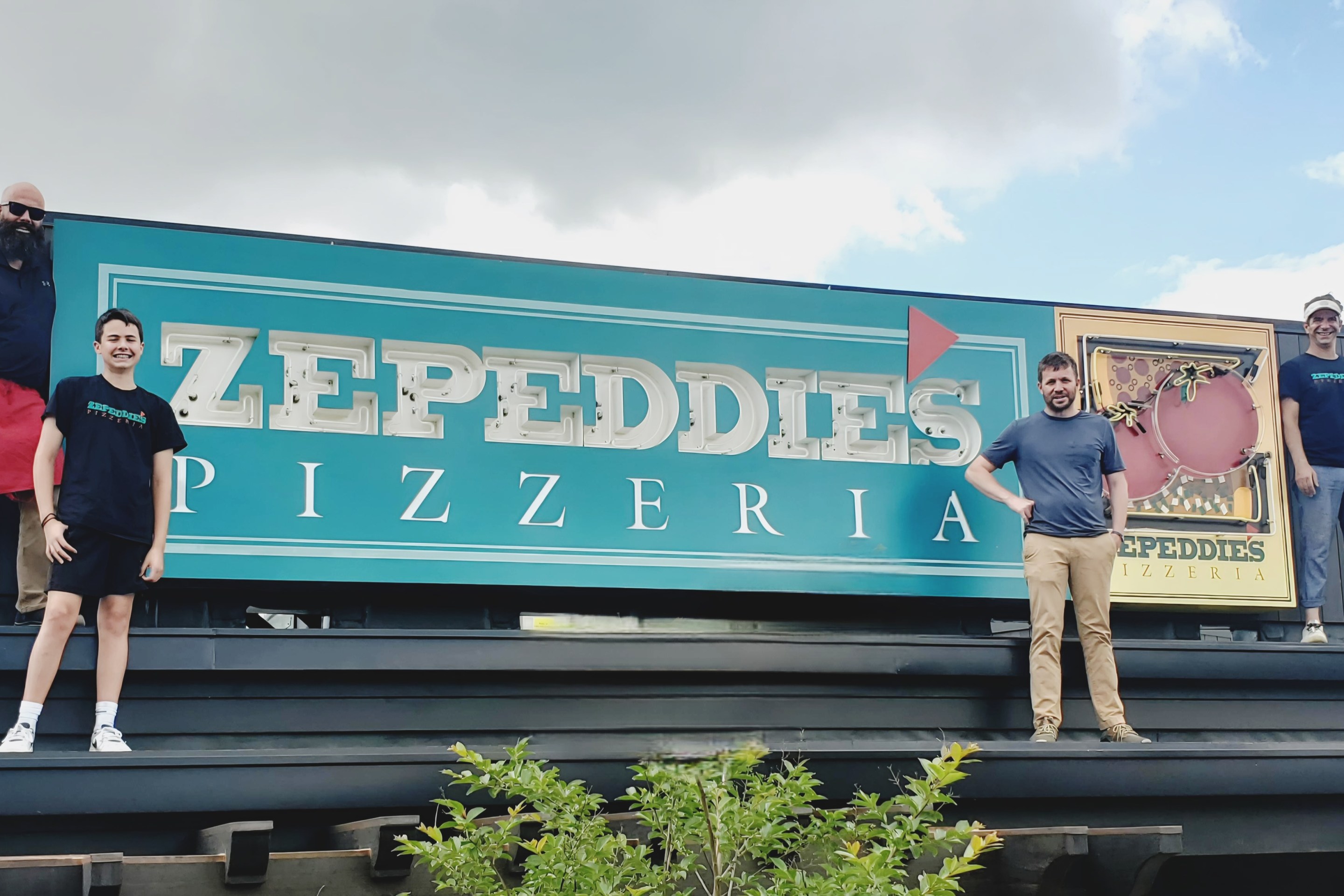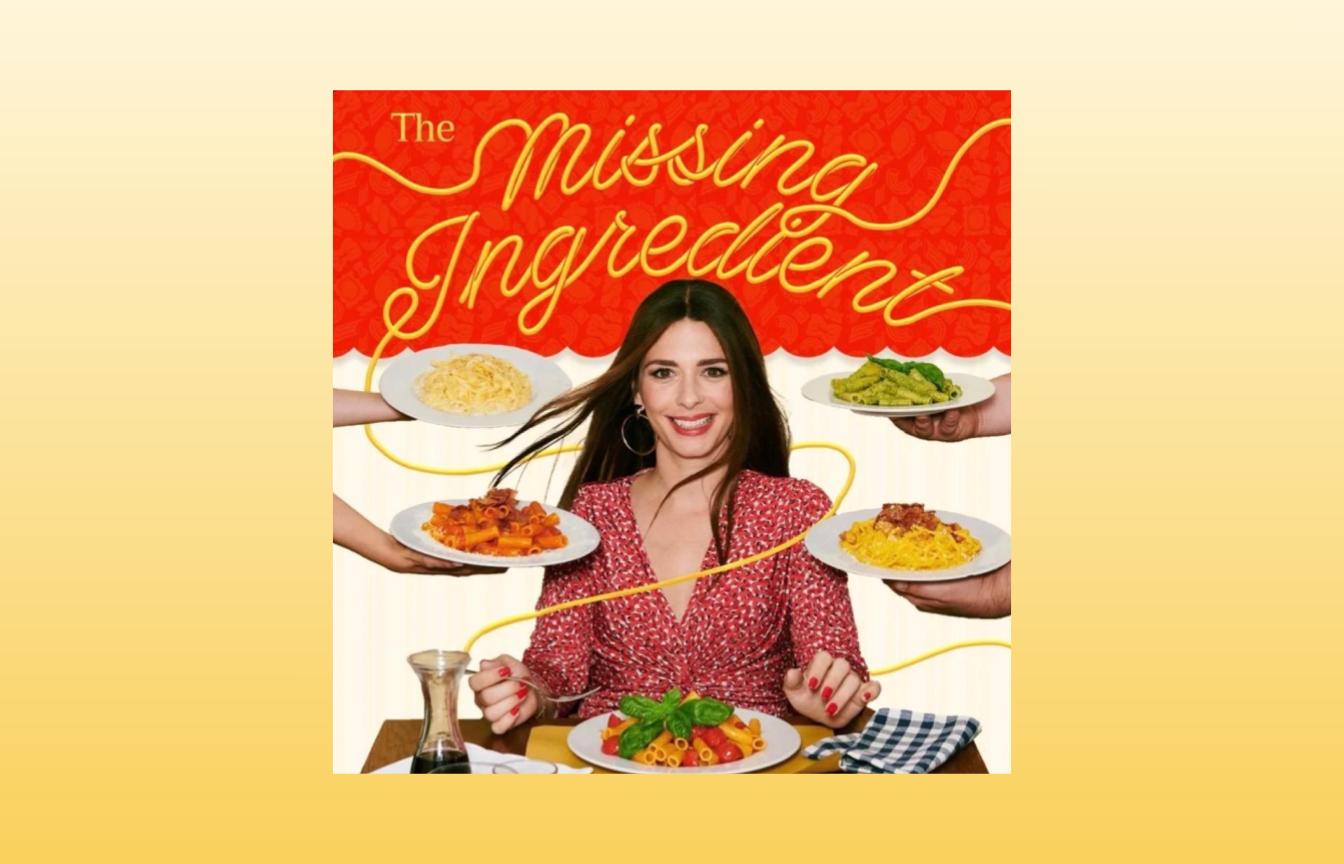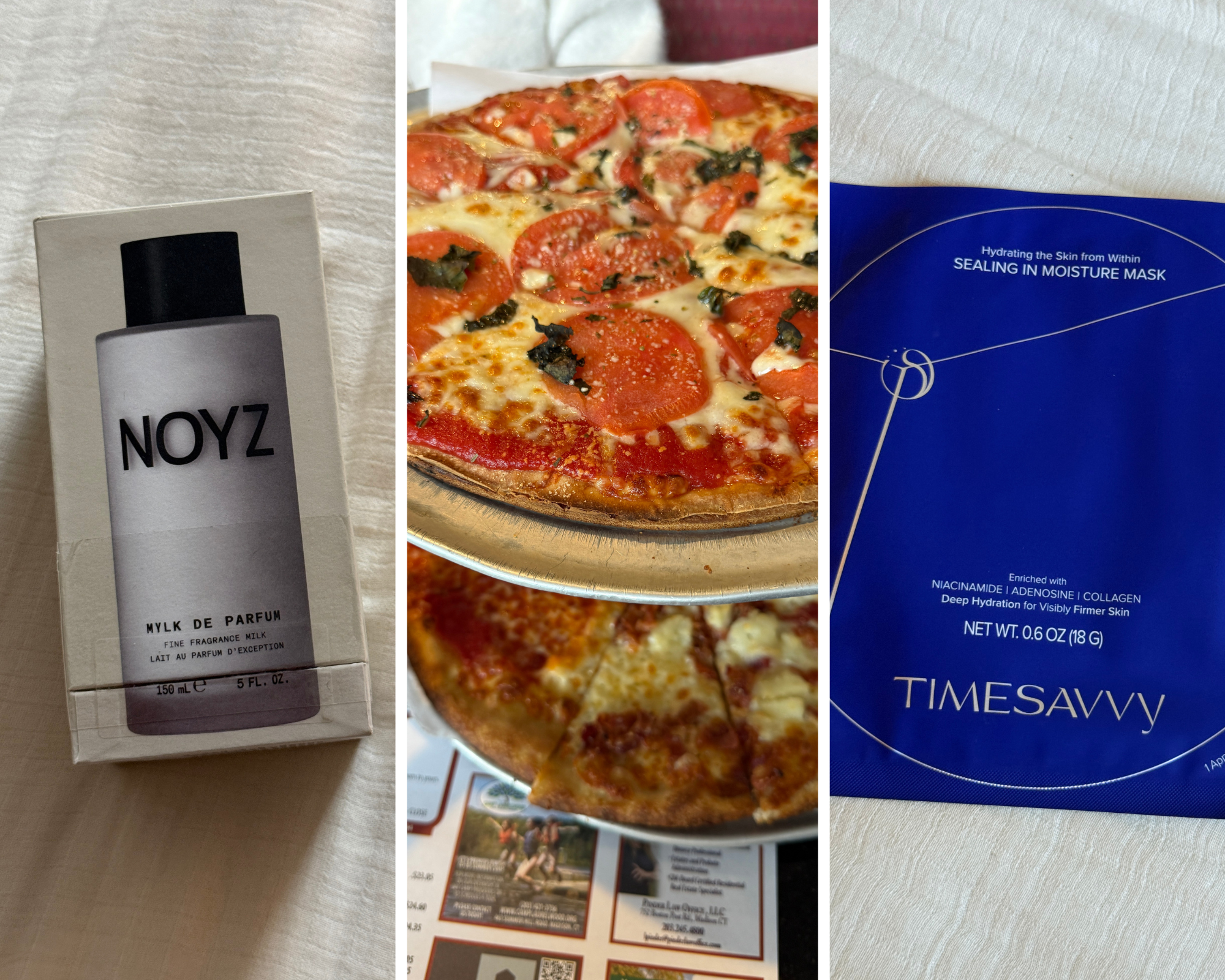Dario Cecchini is the only butcher who has ever been the subject of a Chef’s Table episode on Netflix. He may be the only man in the world whose name evokes whole-cow, ethical butchery. Yet the most remarkable thing about Dario—the culinary world is on a first-name basis with him—is his commitment to Panzano in Chianti, population of about 1,000, where he’s the only international celebrity and eighth-generation butcher around.
Speaking with Appetito via Zoom from Panzano, with his American-born wife Kim translating to and from Italian, Dario animatedly discusses his career, his Antica Macelleria Cecchini in Panzano, and much more in this wisdom-filled Q&A, which I’ve edited for clarity. He also discusses plans for their next addition to Tuscany’s dining scene and waxes poetic about his home.
It was nice to meet you last month in Miami at the South Beach Wine and Food Festival, where you hosted the Taste of Italy. What made you want to travel all the way to Florida for a food festival?
The Miami trip was the result of my longtime friendship with Lee Schrager, the organizer of the South Beach Wine & Food Festival. Our point of view is perhaps a little particular compared to most of the chefs who are participating in a fair like that. We come from a village so small I don't think there are even 1,000 inhabitants. For me, one of the most important things after my career as a butcher is to support the economy of my town. I feel the responsibility of being the person who is perhaps best known from our village.
After Miami, you returned to Singapore, where you opened Bottega di Carna at the Mondrian Singapore Duxton last year. Do you enjoy trips like this?
Every time we travel for work I feel like we are putting up a bridge, a bridge to wherever we go. And a bridge, it can be crossed both ways. So, where we go, we hope that people will return from there to Panzano. If we have visitors here in Panzano, then everyone in Panzano has more work.
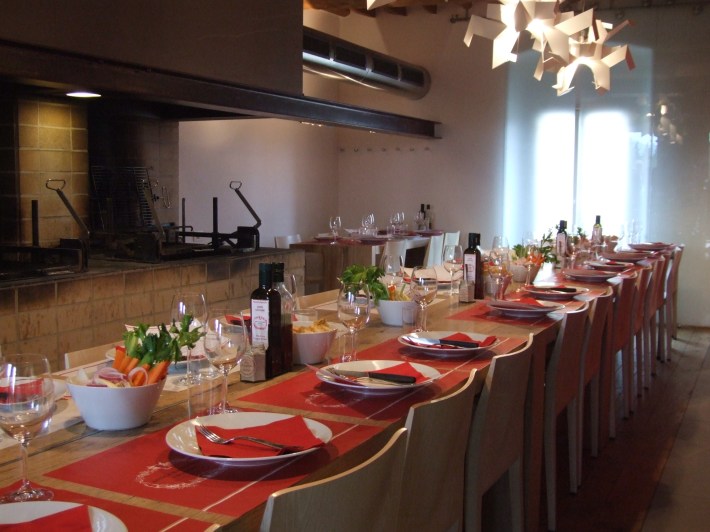
Why is supporting your community so important to you?
When I was a teenager, people left the countryside and we lost a lot of our population. I might be one of the few of my generation who is still working here in Panzano. Now, there's more work here and the younger generations are sticking around because there's work for everybody. And this is one of the things I consider to be a mission for me: community.
What impact did Netflix Chef's Table have on your butcher shop and restaurants in Panzano?
It certainly put the butcher shop in a greater, brighter light. The producers told me that might happen, but it wasn't the thing that was most important to me. I'm not working to become the richest guy in the cemetery. The thing that was most important for me was to give witness through the story to the work of many, many butchers who work hard all their lives. We’re almost a forgotten breed. And so what the Netflix special provided to me was a way to explain our lives better. It was pretty difficult for me actually, because it was laying naked my entire life.
What is it like when you have a butcher come from the United States or France or Japan to come visit you?
We've had a lot of young butchers and students come to visit us from all around the world. Last year, in a meat market in Seoul, Korea, I worked side by side with a Korean butcher. He had a side of beef. I had a side of beef. The language we shared was the language of knives. Also, I don't believe in dividing us up with borders by nation.
Why is that?
It is a huge lost opportunity and mistake. What we are looking at instead is the whole industrial world and a small group of artisans. Artisan butchers talk about the well-being of the animals and quality of the meat. Those two are in fact the same thing in my mind. I am with, and will always be on the side of, the artisans. I don't need to speak other languages—English or Japanese—in order to understand my fellow artisans. The language of industry I don't understand, even when they're speaking to me in Italian. Because they're just talking about money. They don't care about all the other stuff. It’s two opposite languages.
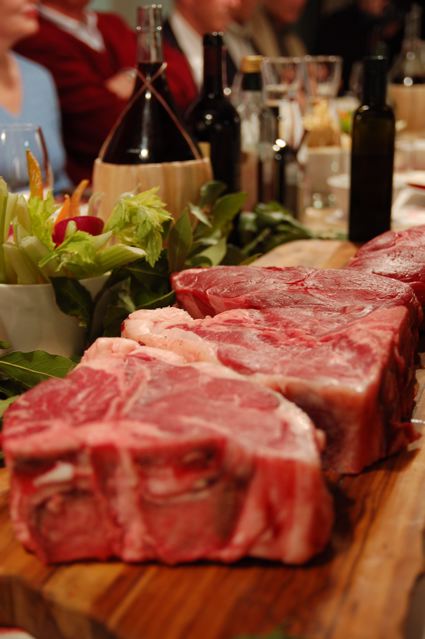
Why is it important to you to educate chefs about meat?
Chefs should speak with butchers because they each do a job that can run parallel to the other. I don't believe a chef can have the education that a butcher has, so there are two jobs that need to join forces. But a chef doesn't have the same spirit as a butcher. A chef is always in search of the perfect recipe. They're looking to find their own philosophy. A chef is looking for stars. A butcher is looking for stalls.
What do you mean by that?
A butcher has a responsibility that the chef doesn't necessarily have to have. A butcher takes on the responsibility of killing for the nourishment of the community, which includes the need for a sacrifice and giving thanks. The important thing is that we are not wasting anything. Because we can't kill an animal for one filet. Meat is a butcher's job. And then a butcher can help a chef. It might just be a romantic idea, though. Because I fear the world is not going in that direction.
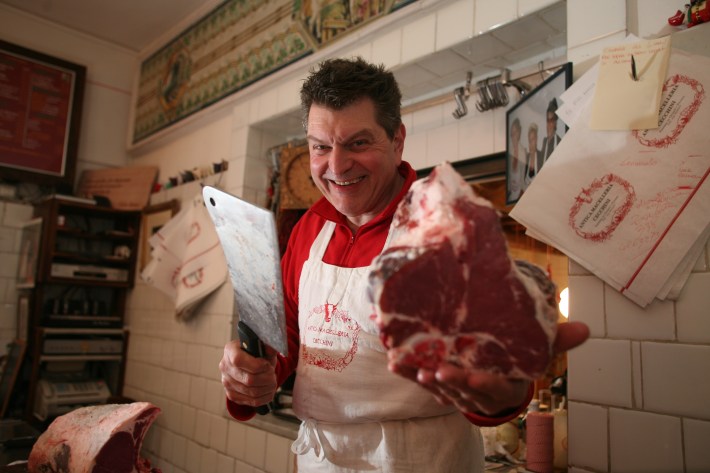
Why is that? Is it not better now than it was 10 or 20 years ago for chefs to understand the importance of meat?
Chefs do understand the importance of meat, but I hope that they understand all the work that is behind it. The way the world is stuck in the traditional concept of a steakhouse. The concept of a steakhouse is the client walking in and saying, “I want the best.” My idea is that we should be explaining the concept of a “whole cow house”—where every cut of meat is the best.
Do you think that would work?
Over history, there have been changes.The filet wasn’t always considered the best. Every part of a well-raised animal can be equally as delicious if it is prepared well. And that's what we do here in Ponzano. That's what I'm trying to explain. We seat people at convivial long tables and we create a menu that uses the meat from nose to tail. But there’s another thing I would add: An artisan butcher is not a missionary. There are already too many religions. An artisan butcher has to do their work every day. That's what I do for around 14 hours a day, every day of the week, the month, and the year except Christmas. On Christmas, we are closed.
And yet you continue to open restaurants and what we might call dining concepts, including a new project in Tuscany. Why?
I adore opening restaurants because every one of them is not a copy but it's a new idea. Life is a voyage, so if you haven't yet, you need to try it out. But it's not only business. Actually, often it's not business at all. The next restaurant we’re opening here in Tuscany we will do, let's call it, community dining. I think it will take us about 50 years to make enough money selling panini, selling sandwiches to cover the expenses of creating this space.
Kim Cecchini: I have no doubt he's right.
I have a splendid wife and that makes me rich. [Laughs.] But I have this problem. I think Ferraris are too low to the ground. I can't wear fancy watches because I work with knives. This next project, it's not even a restaurant. It's a cafeteria — a butcher's cafeteria. We don't have waiters with coats and ties. We don't have private tables. We have a cafeteria in the oldest way that that word can be used, where people sit down together and celebrate. In my restaurants here in Italy, we try to always create prices that are easily accessible to anyone in the community. The true revolution for me will be good food at a good price.
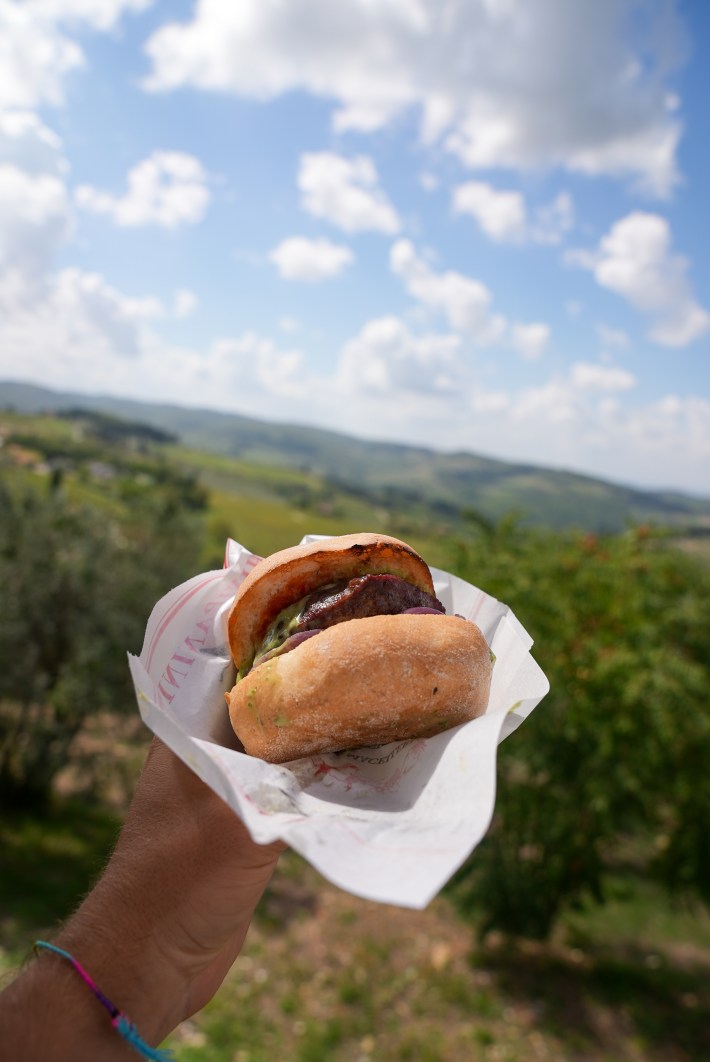
Your food truck has become a big hit on social media. You have people on TikTok eating it with photos of the landscape. How does that make you feel? Is this part of your mission to make more people come and experience your philosophy?
I bought that truck from a friend who didn't want to run it anymore a month before COVID broke out. I didn't really know what I was going to do with it. I thought, well, maybe we can use it for some parties or catering. The pandemic arrived and then in Panzano, everything shut down. Restaurants were all shut and there was no option for people to have good food outside of their homes. In our little village, the only thing that made it possible for people who were out working in the countryside was to set up that truck. We literally opened it to just be able to have an option for people to have food easily available, and so we got the baker to bake good buns for us. We created some sauces. We sold very many sandwiches but everyone who bought one came and said thank you. It’s a really simple setup, that truck. It doesn't have electricity. It just has a grill. The burger that we sell is pretty filling. It's a 200-gram (nearly ½-lb.) meat patty that we sell for six euros. Without meaning to, our truck has become an iconic point here in Panzano and we couldn't close it down if we wanted to.
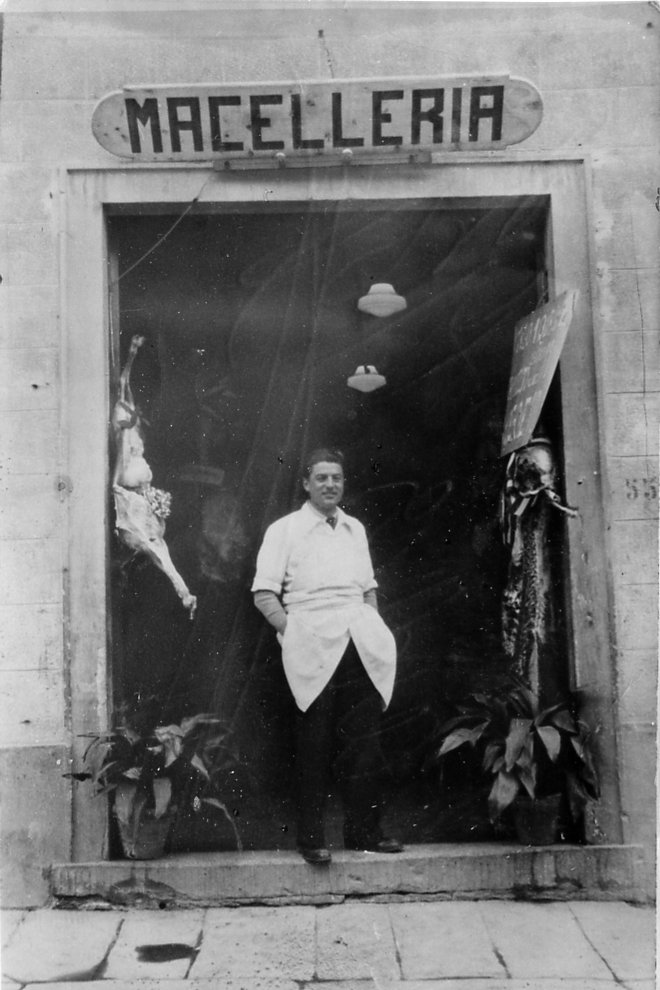
How does it make you feel to go to all these exciting places and then come home to your humble village? Do you still feel like Tuscany is a very special place to you?
I'm the eighth generation of Cecchini butchers. We've worked for 250 years and will continue to do so in that same butcher shop on the same street in the same village. I was born in the house across the street from the shop. When someone says, “Wow, you've come a long way in life.” I say, “Yeah, that's true. I've come about 10 meters.” This is always my tiny little center of the world.
I get my energy working behind the butcher shop counter that my father, my grandfather, and my great grandfather worked behind. I can go around the world, always with my wife, but I know very clearly where my home is. I know where my center of the world is. My time limit for being away from Panzano is five days. Then I get agitated, and I have to go home.
See also: My Dream Day With Dario Cecchini, by Angelo Competiello
